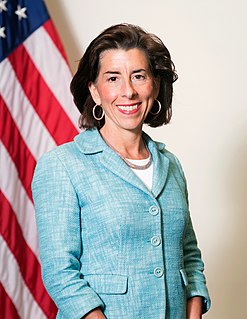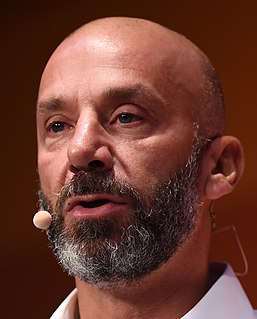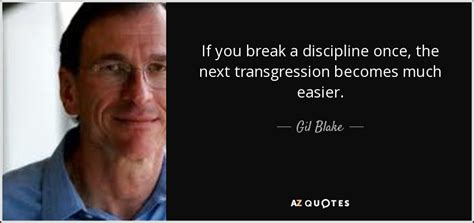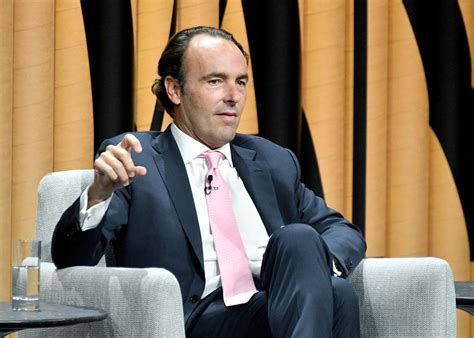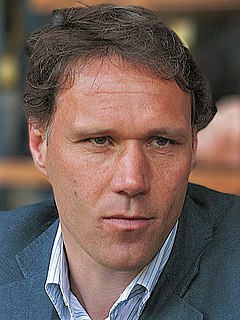A Quote by Geoffrey Moore
Systems are corporate funded mechanisms for increasing efficiency; programs are user funded mechanisms for increasing effectiveness. Programs should generally be charged back to users, systems should never be. Allocating corporate overhead to the operating units is simply a mistake.
Related Quotes
Extrapolated, technology wants what life wants:
Increasing efficiency
Increasing opportunity
Increasing emergence
Increasing complexity
Increasing diversity
Increasing specialization
Increasing ubiquity
Increasing freedom
Increasing mutualism
Increasing beauty
Increasing sentience
Increasing structure
Increasing evolvability
It's the willingness on the part of people who seek personal enrichment to destroy other human beings… And because the mechanisms of governance can no longer control them, there is nothing now within the formal mechanisms of power to stop them from the creating, essentially, a corporate oligarchic state.
Unlike most government programs, Social Security and, in part, Medicare are funded by payroll taxes dedicated specifically to them. Some of the tax revenue pays for current benefits; anything that's left over goes into trust funds for the future. The programs were designed this way for political reasons.


